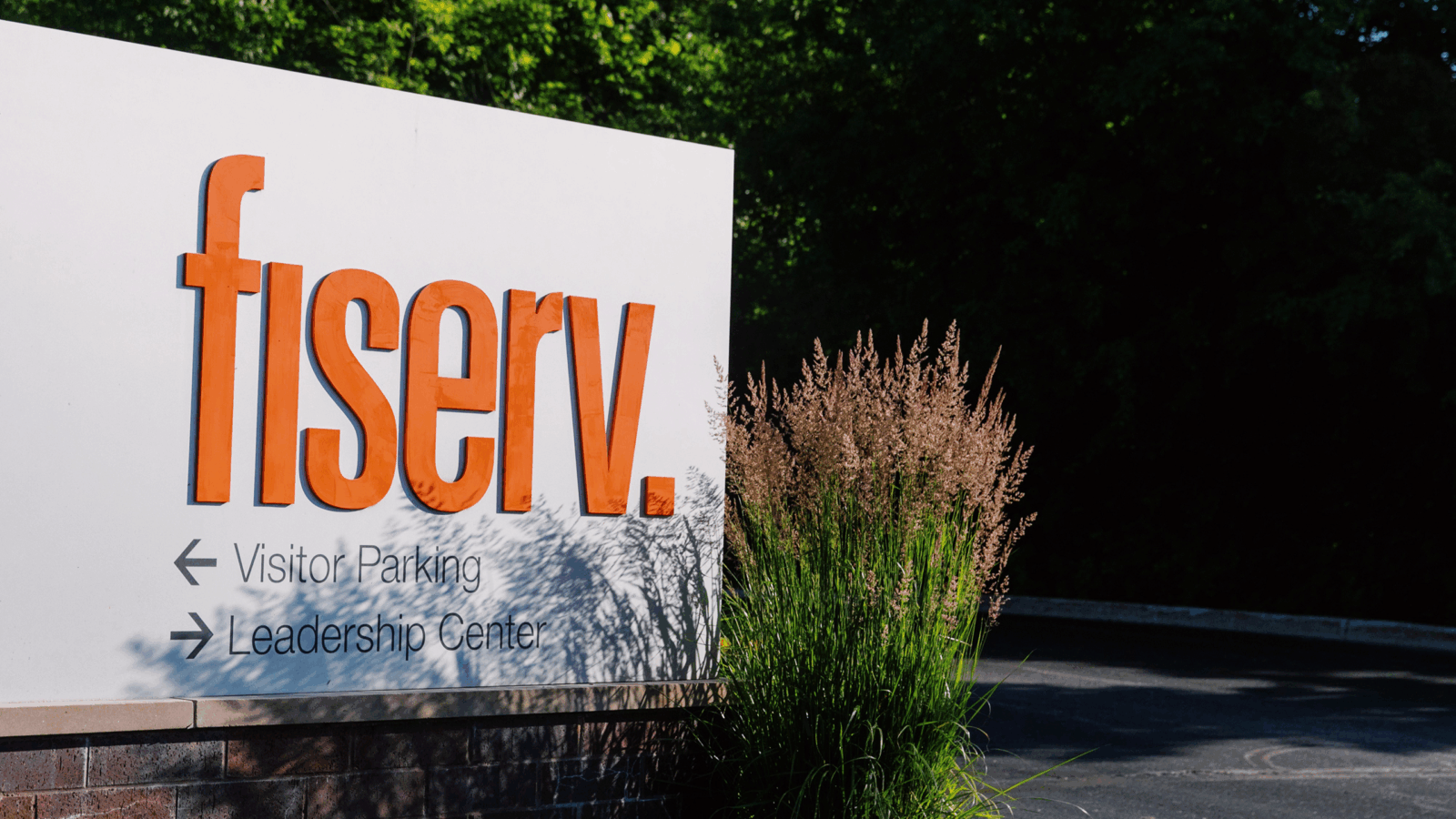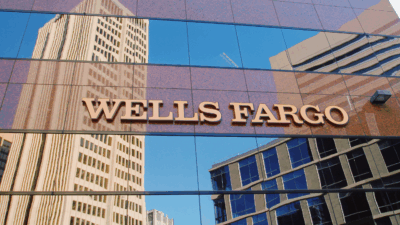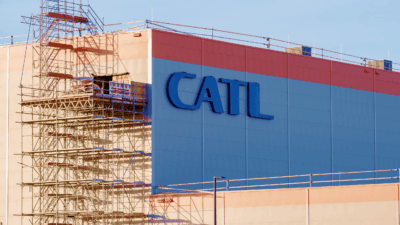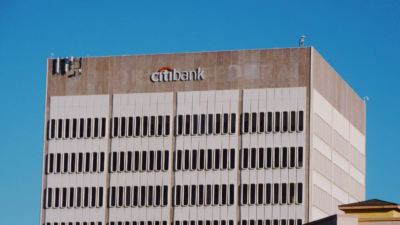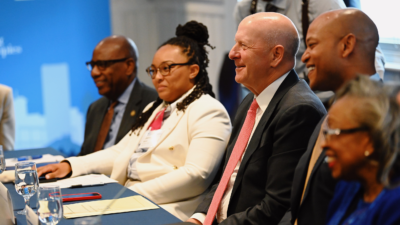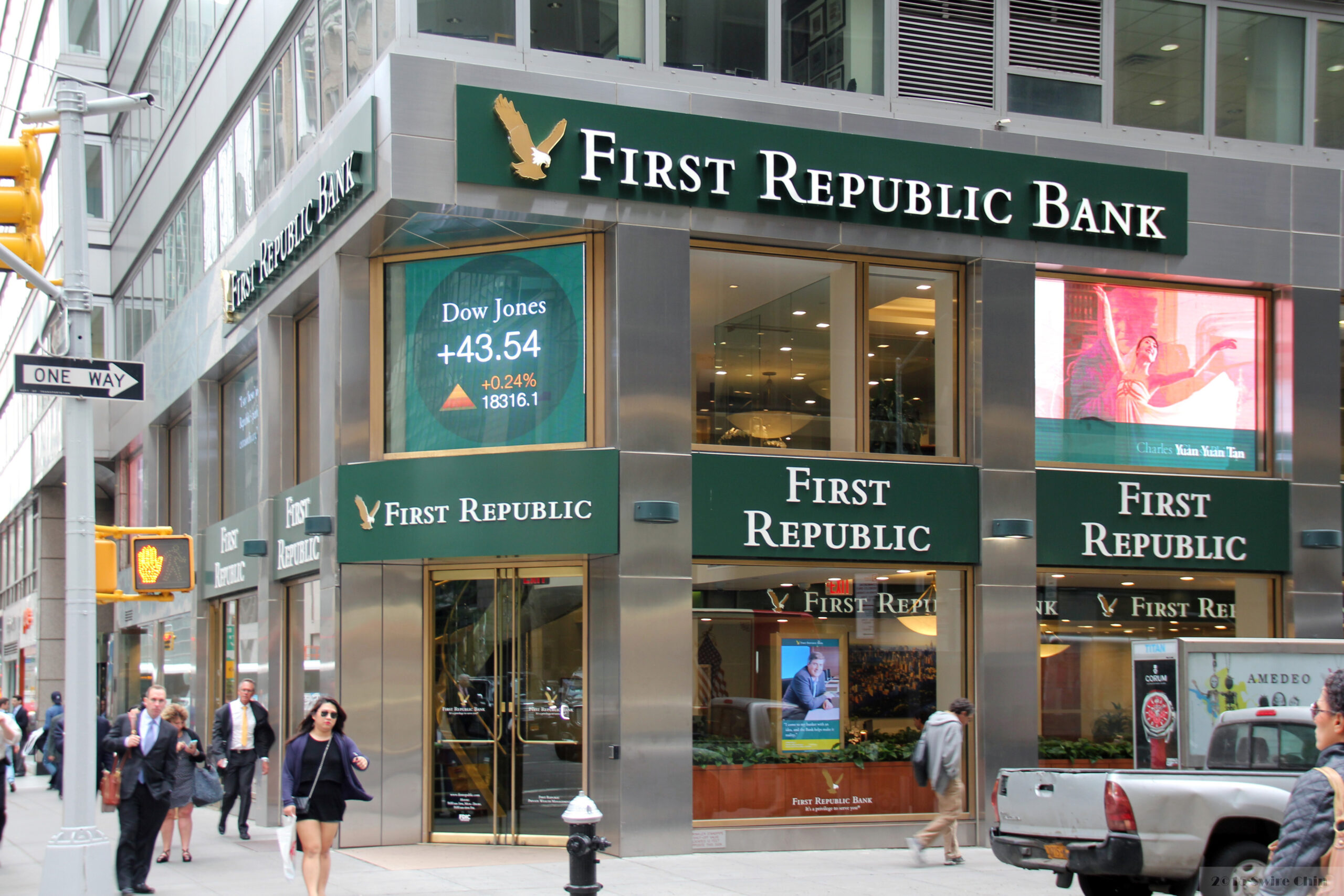
Sign up for smart news, insights, and analysis on the biggest financial stories of the day.
Battered First Republic Bank has woken up as someone else’s bank, as its deposits — including uninsured ones — were bought by JPMorgan Chase after the embattled lender was seized by California’s financial regulator.
This comes after a fast-tracked, frenzied auction by an admittedly understaffed Federal Deposit Insurance Corporation to get the SF-based lender merged with a bigger bank. How was your Sunday?
Fall of The First Republic
First Republic managed to survive the chaotic bank runs of March thanks to a $30 billion infusion from the largest US banks, but that didn’t make its customers feel any safer. When it disclosed results for the first quarter last week, investors learned that First Republic customers had pulled $72 billion in deposits in the period, a more than 40% drop, and the bank’s stock is down more than 97% in 2023.
Rumors swirled going into the weekend that First Republic would end up being seized by the FDIC, as Silicon Valley Bank and Signature Bank had in March. So the FDIC scrambled to find a buyer for First Republic’s remaining assets, turning once again to Wall Street’s largest players. PNC Financial, Bank of America and JPMorgan Chase were reportedly among the final bidders in an express auction, but JPMorgan’s history as Wall Street’s lifeboat seems to have made them the obvious choice to take on what’s left of First Republic:
- The FDIC announced that starting today, First Republic’s 84 offices will reopen as JPMorgan Chase branches. On top of office space, JPMorgan will hoover up roughly $173 billion in loans, $30 billion in securities, and $92 billion in deposits.
- JPMorgan CEO Jamie Dimon (who acquired both Washington Mutual and Bear Stearns during the 2008 crisis) was instrumental in rallying the big banks and getting First Republic its $30 billion injection, and he has now vowed to get that money back to lenders.
The FDIC reportedly wanted to announce a deal Sunday evening, but JPMorgan being the buyer would have caused an inherent delay. The Riegle-Neal Act of 1994 bars any bank merger that results in one lender controlling more than 10% of the US’ total insured deposits. JPMorgan already controlled more than 16%, and would have needed a Federal Reserve waiver to take on First Republic.
That said, Dimon might be looking at acquiring First Republic as a defensive maneuver against shaky public faith in US banks. JPMorgan’s own chief investment officer, Bob Michele, told Bloomberg just last week that many lenders lucky enough to have survived March are not out of the woods, adding prophetically “I think it’s somewhat naive to say that this is just limited to First Republic.”
Share and Share Alike: The FDIC said it will share both losses and gains from First Republic’s loans with JPMorgan, but it definitely needs Dimon and Co. to handle the paperwork. The agency charged with safeguarding banks admitted on Friday that it failed to see Signature Bank’s looming meltdown due to widespread job “vacancies and the adequacy of the skillsets of the Dedicated Team” in the New York regional office. We’re picturing empty cubicles and lots of ringing phones this morning.
